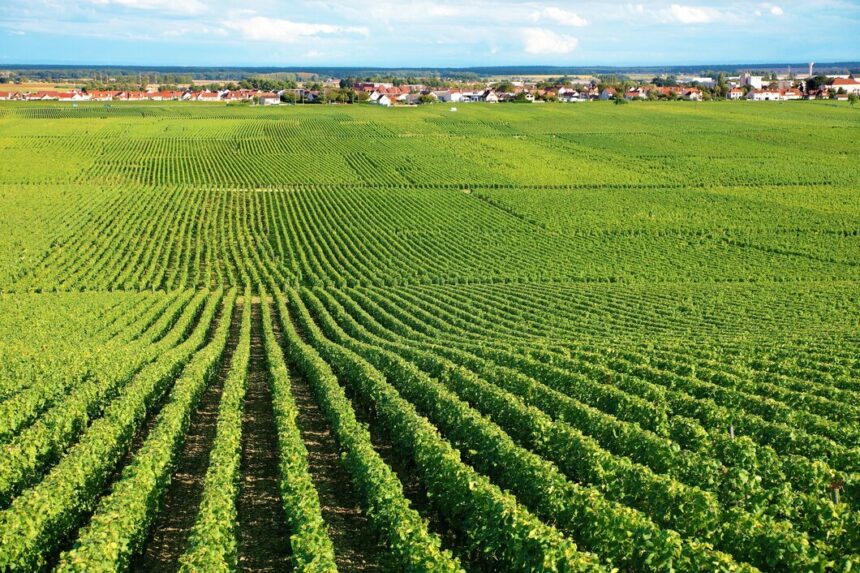Brazil has emerged as a global leader in precision agriculture, using advanced technology to boost productivity, optimize resources, and improve sustainability. South African farmers, facing similar challenges such as climate variability, soil degradation, and rising input costs, can learn valuable lessons from Brazil’s success. By adopting key precision agriculture techniques, South African farmers can enhance efficiency, increase yields, and ensure long-term sustainability.
What Is Precision Agriculture?
Precision agriculture is the use of technology and data analytics to manage farms with greater accuracy. It involves tools such as GPS-guided equipment, remote sensing, drones, and artificial intelligence (AI) to monitor soil health, weather patterns, and crop performance. This data-driven approach helps farmers make informed decisions, reducing waste and improving efficiency.
Key Precision Agriculture Practices in Brazil
Brazilian farmers have successfully integrated precision agriculture into their operations, resulting in increased productivity and cost savings. The following practices could greatly benefit South African farmers:
- Soil Mapping and Variable Rate Application
Brazilian farmers use advanced soil mapping techniques to analyze nutrient levels and soil conditions. This data allows for variable rate application (VRA) of fertilizers, pesticides, and water, ensuring that inputs are applied only where needed. South African farmers can adopt this approach to reduce costs and prevent overuse of chemicals that degrade soil health. - Satellite and Drone Monitoring
Remote sensing technology, including satellites and drones, helps Brazilian farmers track crop health, detect pests, and monitor water stress. South African farmers can use similar tools to make real-time decisions, prevent crop losses, and optimize irrigation. - Automated Machinery and GPS Guidance
Many Brazilian farms use GPS-guided tractors and harvesters, which improve precision in planting and harvesting. This reduces overlap, minimizes fuel consumption, and ensures uniform crop growth. Implementing GPS technology in South Africa can enhance efficiency and reduce operational costs. - Climate-Smart Farming
Brazil’s agriculture sector has adapted to unpredictable weather conditions through climate-smart farming practices. These include no-till farming, cover cropping, and efficient water management systems. Given South Africa’s drought-prone regions, adopting similar practices can improve soil conservation and water efficiency. - Big Data and AI in Farming Decisions
Brazilian agribusinesses use AI-powered analytics to process farm data and predict trends. South African farmers can benefit from AI-driven insights to improve decision-making, from choosing the right planting times to optimizing yield potential based on historical data.
Challenges and Considerations
While these technologies offer significant advantages, there are challenges to adopting precision agriculture in South Africa, including:
- High Initial Investment – Advanced equipment and software require significant capital, which may be a barrier for small-scale farmers.
- Technical Skills Gap – Many farmers need training in digital tools and data analysis to effectively implement precision agriculture.
- Connectivity Issues – Some rural areas in South Africa lack reliable internet access, which can limit the use of digital technologies.
To address these challenges, government support, agribusiness partnerships, and farmer training programs will be essential in making precision agriculture accessible and cost-effective.
Brazil’s success in precision agriculture provides valuable insights for South African farmers. By adopting soil mapping, drone technology, GPS automation, and climate-smart farming techniques, South African agriculture can become more resilient and efficient. As global food demand grows, investing in precision farming will be key to ensuring long-term agricultural sustainability and competitiveness.
Join 'Farmers Mag' WhatsApp Channel
Get the latest Farming news and tips delivered straight to your WhatsApp
CLICK HERE TO JOIN






